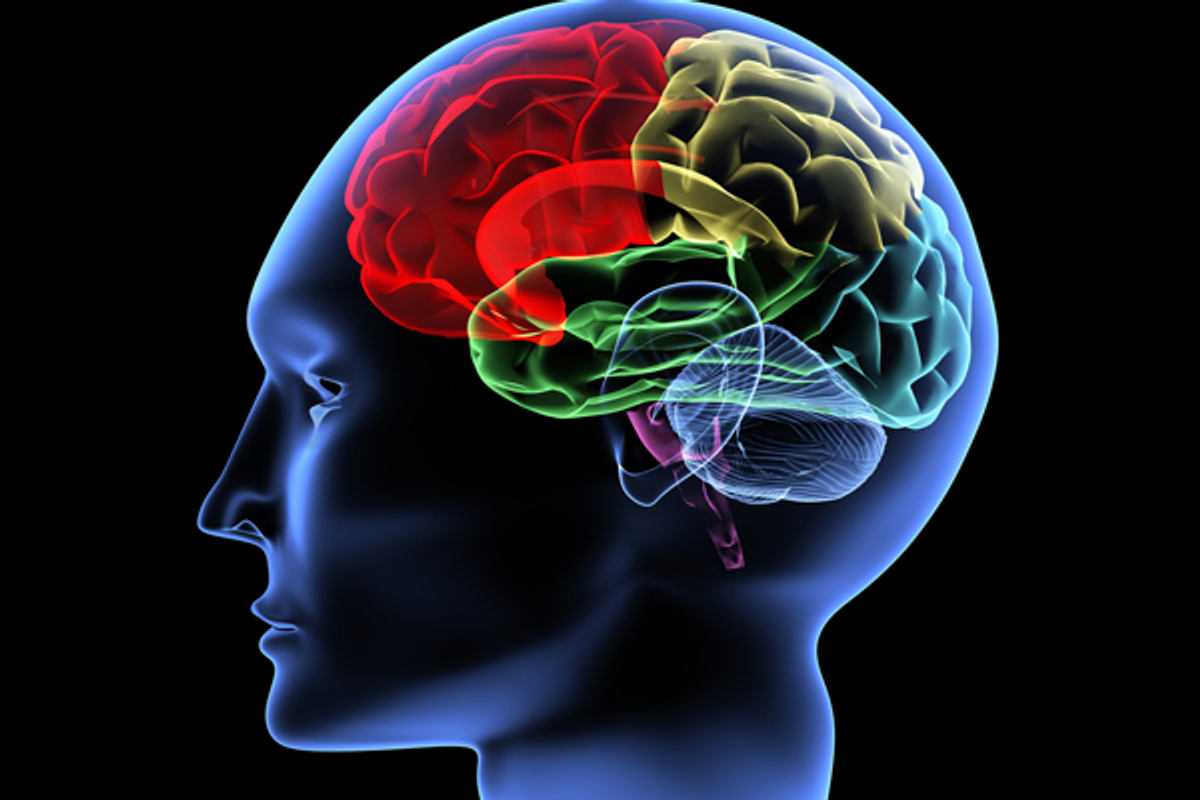Researchers at the University of North Carolina school of Medicine have found that certain brain patterns in adults with Alzheimer's disease, schizophrenia and autism can also be seen in the brain scans of infants.
"These results suggest that prenatal brain development may be a very important influence on psychiatric risk later in life," said lead author of the study and assistant professor of psychiatry at UNC, Rebecca C. Knickmeyer. In addition to early detection, the study may also lead to early intervention breakthroughs in the degenerative brain disorder.
According to the report on UNC's website:
The study included 272 infants who received MRI scans at UNC Hospitals shortly after birth. The DNA of each was tested for 10 common variations in 7 genes that have been linked to brain structure in adults. These genes have also been implicated in conditions such as schizophrenia, bipolar disorder, autism, Alzheimer's disease, anxiety disorders and depression.
For some polymorphisms – such as a variation in the APOE gene which is associated with Alzheimer's disease – the brain changes in infants looked very similar to brain changes found in adults with the same variants, Knickmeyer said. "This could stimulate an exciting new line of research focused on preventing onset of illness through very early intervention in at-risk individuals."
Experts say that Alzheimer's early intervention offers far more than just the obvious health benefits -- there are economic and social gains, too. Currently, there are 5.4 million Americans living with the disease, and a majority of them receive a late diagnosis, if they receive any diagnosis at all. The result is a so-called treatment gap that limits their access to critical information, proper care and community support. This not only hurts the patient, but their families and caregivers as well.
h/t Science Codex



Shares